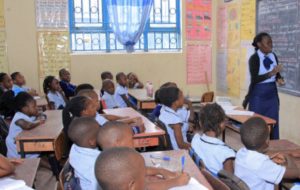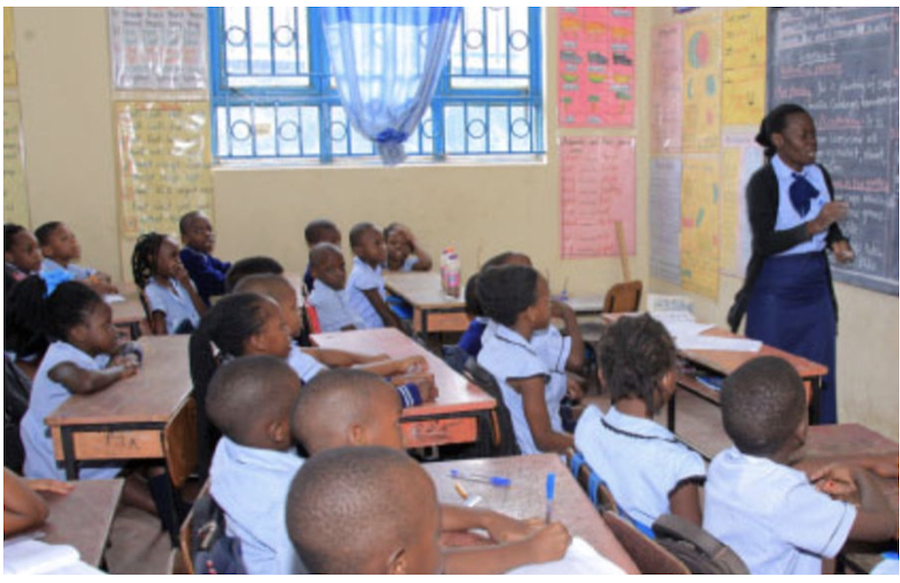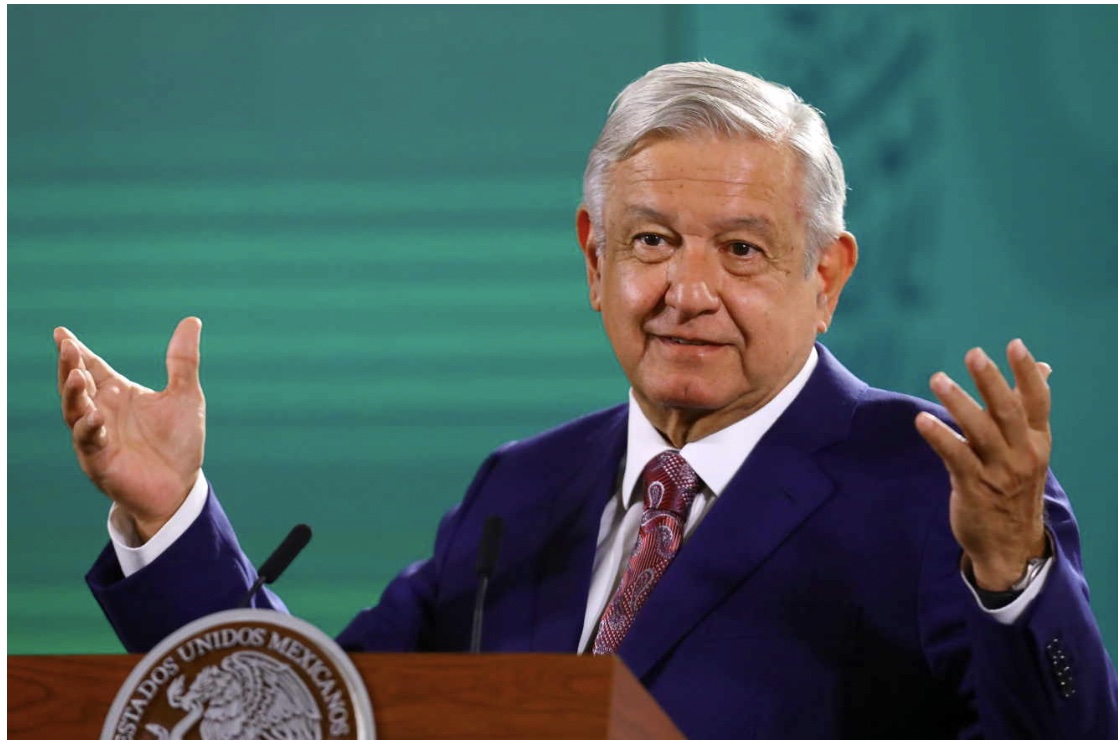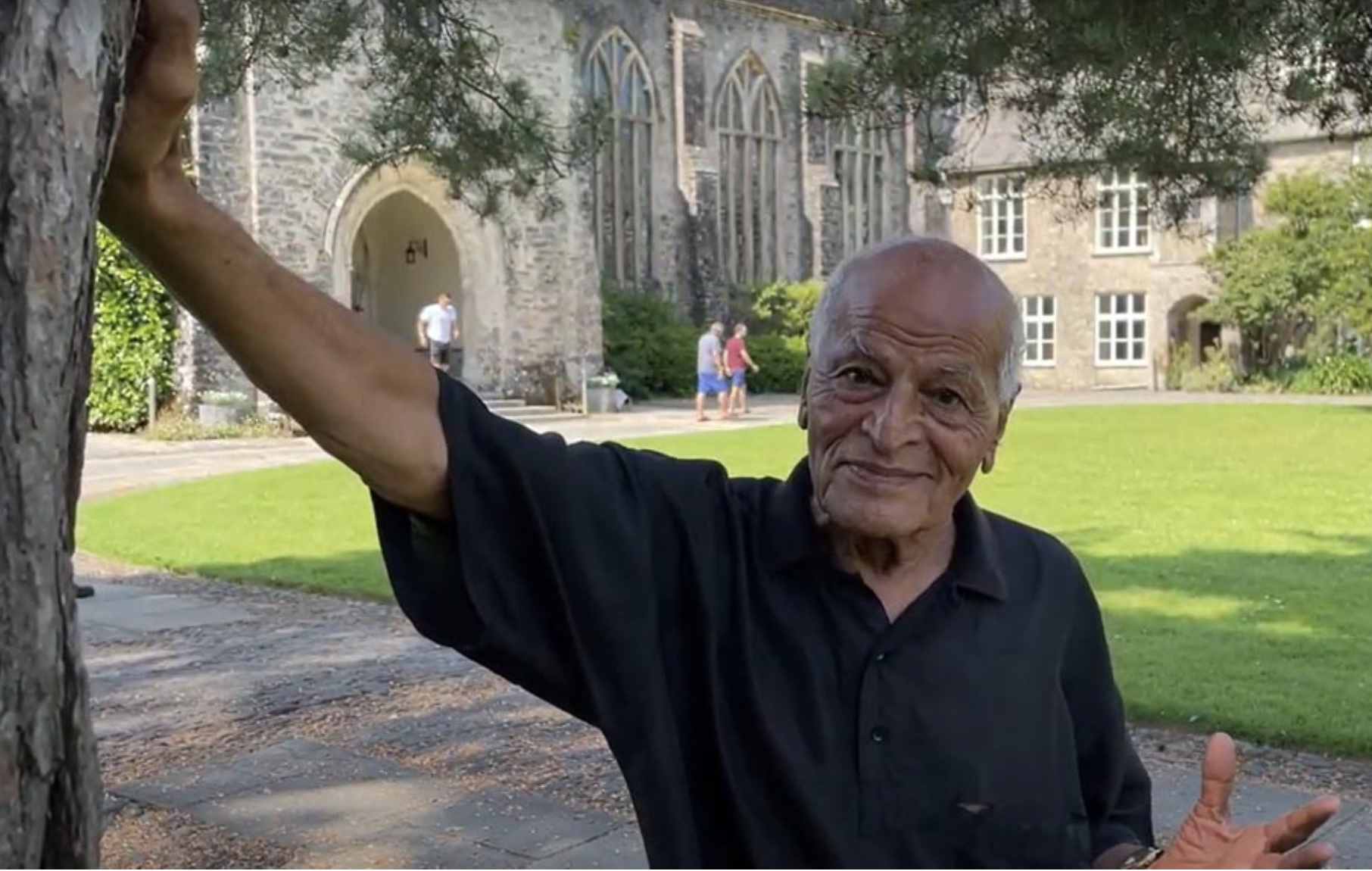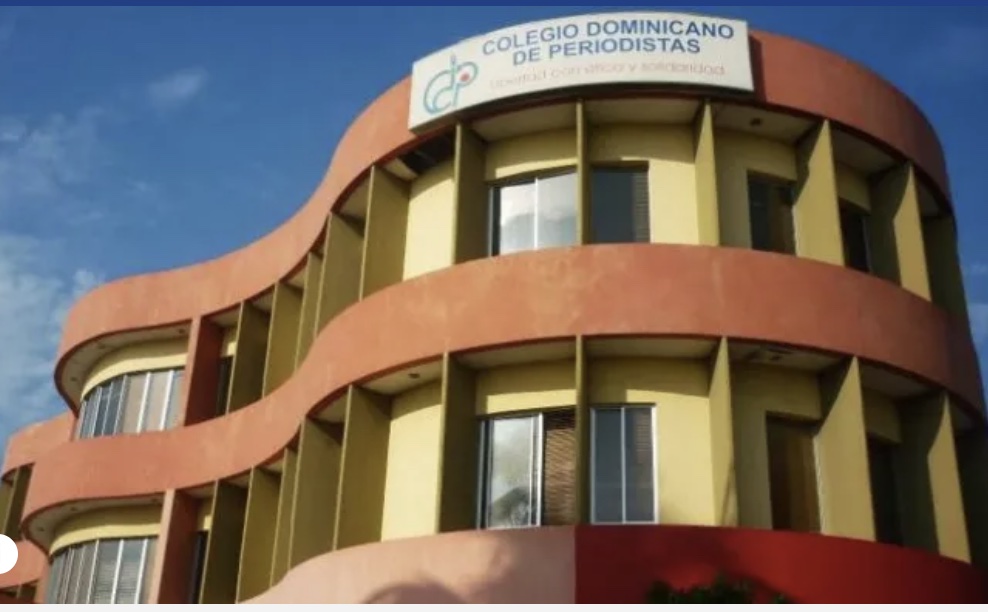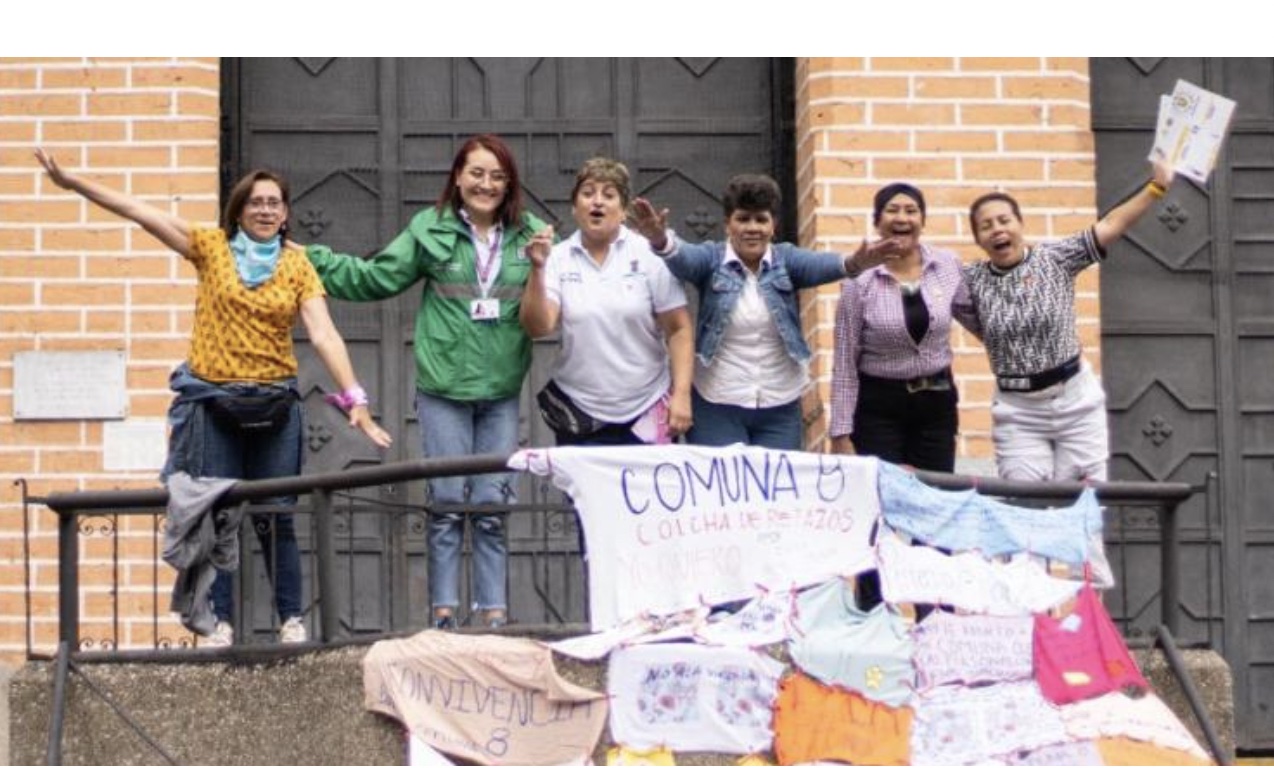. . SUSTAINABLE DEVELOPMENT . .
Excerpts from the website of Sustainability Research & Innovation Congress
The Sustainability Research & Innovation Congress (SRI) unites more than 2000 global sustainability research leaders, government and civil society experts, funders and innovators to inspire action and promote a sustainability transformation.
A joint initiative of Future Earth and the Belmont Forum, this truly global, annual event sparks meaningful conversations, provides a platform to share innovative ideas, and creates an inspiring and inclusive space for collaboration and action.
This year, hosted by the Future Africa Institute in Pretoria, South Africa, and online, the second edition of SRI offered a program of over 200 interactive sessions, workshops, trainings, networking events, innovation demonstrations, satellite events, and much more.
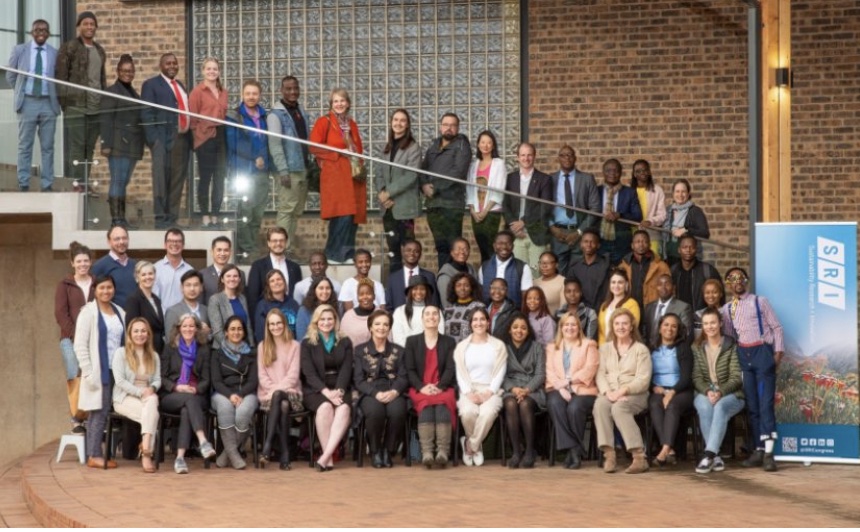
Highlights from Day One – June 21
Transdisciplinary research in Africa could be the turnkey that unlocks progress in the research and scientific innovations that address climate change, gender-based violence and achieving net zero targets – but collaboration is pivotal.
This was the consensus among speakers at the opening plenary session on the first day of the Sustainability, Research and Innovation (SRI) Congress in Pretoria.
Highlights from Day Two – June 22
The second day of the SRI Congress saw many diverse topics take center stage as a series of transdisciplinary hybrid content sessions showcased sustainability’s impact on culture, art, and finance.
(Continued in right column)
How can we ensure that science contributes to peace and sustainable development?
(Continued from left column)
In a special session held in partnership with the United Nations Development Programme (UNDP) titled The role of Biodiversity Finance in a changing world post the pandemic, key stakeholders and leaders in the biodiversity finance space participated in a lively discussion on government initiatives across Southern Africa to improve investment into biodiversity, and also showcased innovative approaches to Biodiversity Finance globally.
Highlights from Day Three – June 23
The ethical concerns around the development and application of Artificial Intelligence (AI), harnessing Africa’s natural capital, and taking healthcare solutions to where they are needed most, local communities, were just some of the insightful discussions held on the third day of the Sustainability, Research and Innovation Congress (SRI) 2022.
Highlights from Day Four – June 24
As extreme weather events continue to have an increasing and intense impact across Africa and the world, governments along with the private sector will have to join hands in planning for the “cities of tomorrow” that allow for healthy environments with access to clean power, air and water.
The fourth day of the Sustainability, Research and Innovation Congress (SRI) 2022, saw engaging sessions that addressed these broad yet interconnected issues and crucially, what sustainable strategies and solutions could be implemented.
Highlights from Day Five – June 25
Predicting the future is hard. Scientists and foresight experts work with data and stakeholders to build scenarios, historians lean on their knowledge of the past to peek into the present and beyond, investors read weak signals – yet more often than not, we are surprised by life.
At the Sustainability, Research and Innovation (SRI) Congress’s closing plenary session, a group of leading professionals actively engaging with the future, scientists and science fiction writers, as well as foresight analysts, convened to give a taste of the future – or at least their makings of it.
SRI2023 to be held in Panama
The National Secretariat for Science, Technology and Innovation (Senacyt) will host the congress in collaboration with its co-host, the Inter-American Institute for Global Change Research (IAI).
(Note: Thank you to Uzma Alam for calling this event to the attention of CPNN.)
